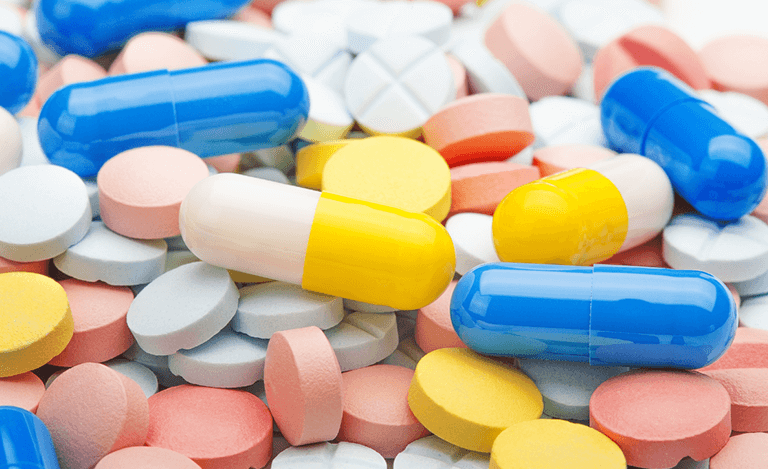
You might wonder why so many harmful medications that can cause serious injuries are still on the market. One reason is that the corporations who design, manufacture, market, and distribute them have virtually limitless financial resources available to defend themselves against drug injury lawsuits. A second reason is that the Food and Drug Administration’s (FDA) drug approval process leaves much to be desired. When you think about the fact that pharmaceutical companies release hundreds of drugs each year, it’s less shocking that thousands of people suffer injuries or are even killed due to dangerous side effects. In fact, The FDA recalls at least one potentially harmful drug every month.
“…anyone who has him fighting for them is sure to be vigorously represented.” -Former client
What makes pharmaceuticals defective?
Pharmaceuticals are considered defective when the side effects are severe enough to outweigh the potential benefits. In most cases, the manufacturer of the defective drug is responsible for the resulting damages. As such, many of these types of claims fall under the umbrella of products liability. In order to ensure your claim is supported, you will need to work with medical and scientific experts who will testify that the medicine is defective. You will need a law firm who knows how to work with these experts to get results.
Some of the most common reasons medications are found to be defective include:
- Improper manufacturing or contamination during the manufacturing process
- Failing to provide sufficient instruction, warnings, or packaging for proper use
- Insufficient testing of the medication using unreliable, manipulated, or even false data
- Defective design that makes it unreasonably unsafe for normal or typical use
Examples of Defective Drugs
When a consumer is prescribed a medication or advised to take an over-the-counter drug, they trust that it is safe to use and will help them get better – not worse. When pharmaceutical companies bring drugs to market without adequate testing and clinical trials or fail to warn of potential risks, patients suffer the consequences. Some of the more recently uncovered defective drugs we review cases for include:
- Zantac
- Opioids
- Birth control
- SSRIs and other antidepressants
- Valsartan
- Invokana
- Onglyza
There are many more drugs that could potentially cause serious harm. If you’ve become injured because of a defective pharmaceutical, or you believe you have, see your doctor immediately. Failure to get prompt medical attention will not only risk your health, it may jeopardize your ability to recover monetary compensation.
Experienced Injury Lawyers Handling Dangerous Drug Claims
If you were hurt by a defective pharmaceutical drug, you may be able to collect compensation through a products liability lawsuit against the manufacturer. Dangerous drug lawsuits are complex, so you should consult with an experienced trial lawyer to help you file your claim and defend your rights. Our priority is getting you the compensation you deserve and making the entire process as easy, convenient, and stress-free as possible for you and your loved ones.
